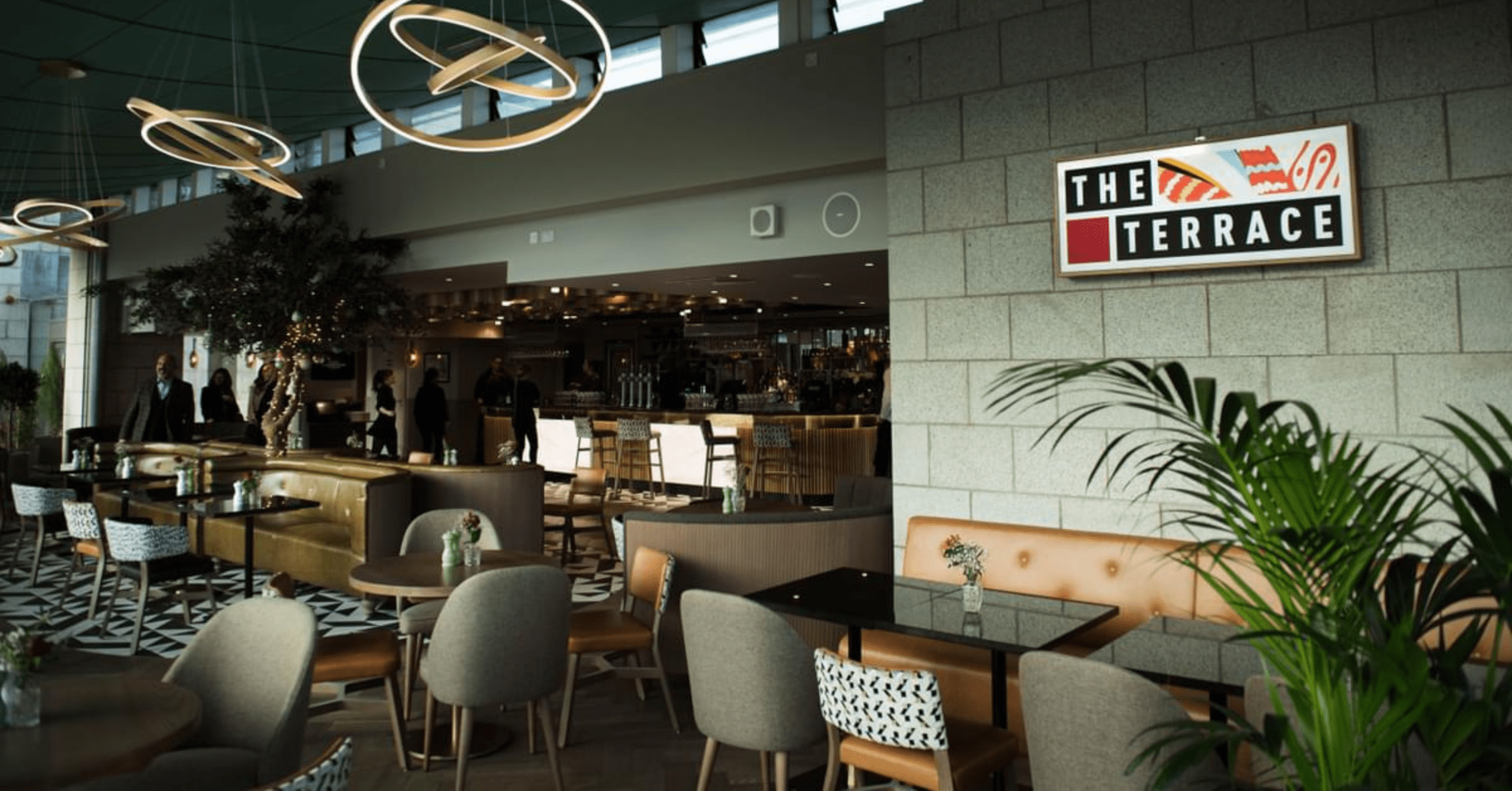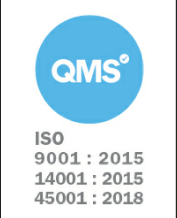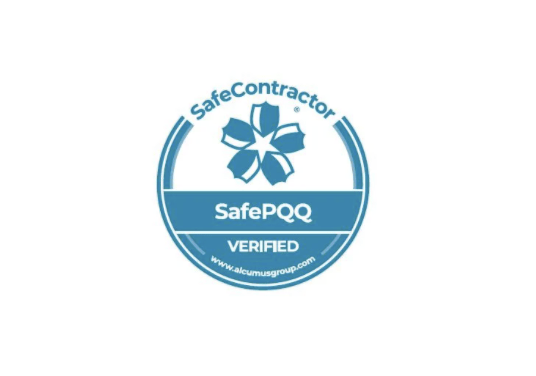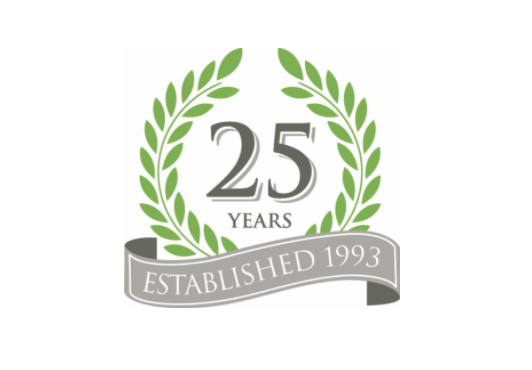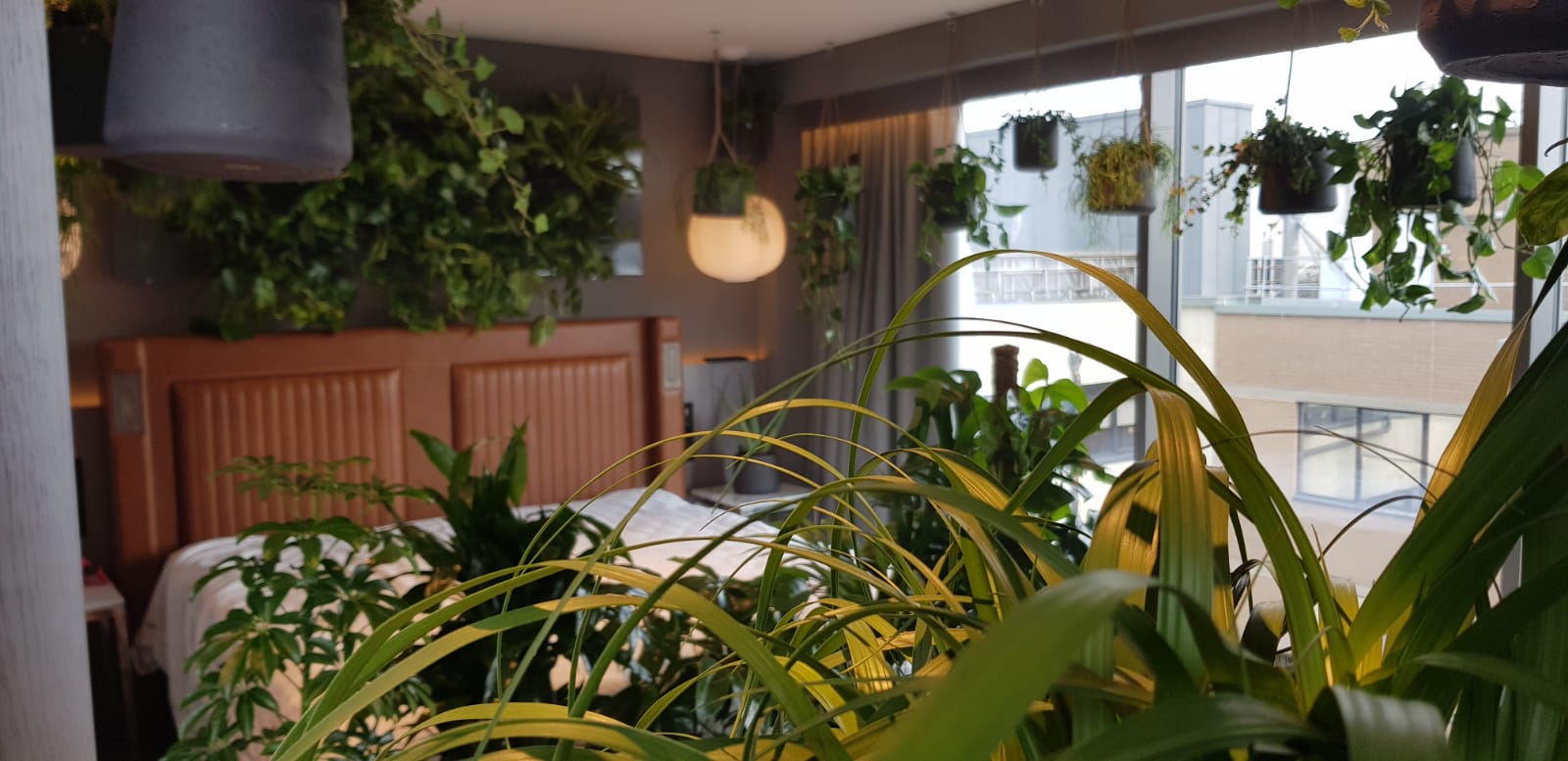
There’s no doubt that the hospitality industry is facing some big challenges amid tough economic conditions, societal change and technological advancements. However, there are also some big opportunities on the horizon.
To help you stay ahead of the curve, we’ve identified six key hospitality trends to consider for your venue or project in the year ahead:
Bleisure
Flexible spaces
Wellness
Biophilic Design
Technology: Personalisation, Automation and Virtual Reality
Sustainability
Bleisure

Employees are increasingly realising remote working doesn’t necessarily need to be done from home. With the rise of the digital nomad lifestyle, workers are combining business and leisure into one neat little package: bleisure.
So how can businesses capitalize on this trend?
This could involve…
- offering special rates for business travellers
- group packages
- loyalty schemes
- partnering with local businesses
- targeted advertising
Due to flexible work styles, Forbes reported an uplift in interest for workcations and bleisure trips by over 25% compared to recent years. And it’s not just millennials who are driving this trend – business travellers of all ages are looking for ways to combine work and play and we expect to see more hospitality businesses catering to this market in the coming year.
Wellness
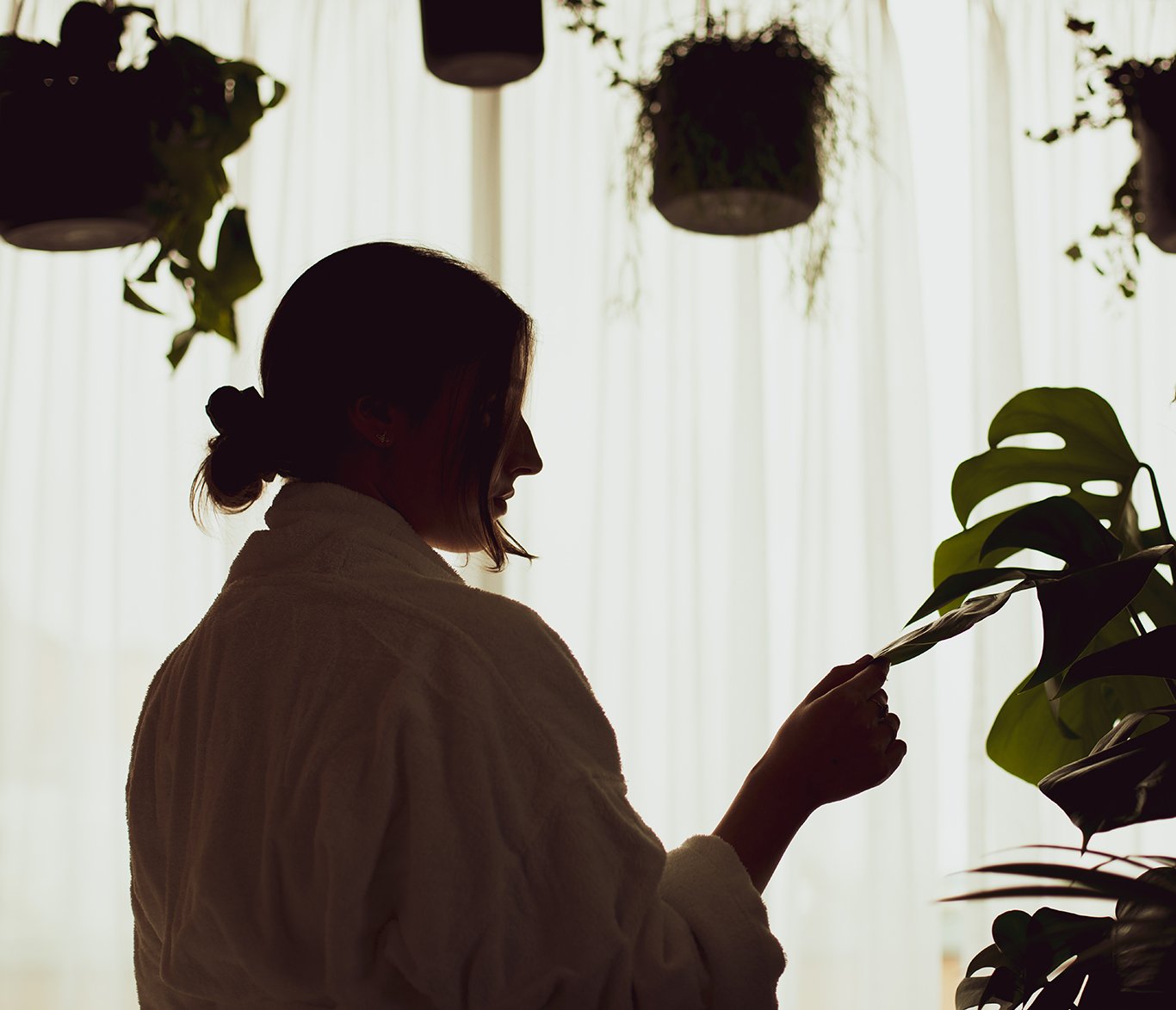
There’s no denying that the hospitality industry is tough. Long hours, late nights and early mornings are just part of the job for many bartenders, servers and hotel staff members.
The hospitality industry is all about taking care of others – and this should also include taking care of employees. Increased emphasis is being placed on creating a work environment that supports and promotes staff wellbeing.
There are several reasons for this shift. Firstly, the hospitality industry is increasingly competitive. In order to attract and retain the best talent, employers need to create an attractive and supportive work environment.
Secondly, as our understanding of the link between physical and mental health grows, so too does the recognition of the importance of staff wellbeing. A happy and healthy workforce is a productive workforce, and so it makes good business sense to invest in staff wellbeing.
Finally, as consumers become more health-conscious, they are also increasingly looking for brands that align with their own values. By promoting staff wellbeing, hospitality businesses can show that they are committed to creating a healthy and sustainable workplace.
If you are considering implementing wellness programs in your hospitality business, there are a few things to keep in mind:
- Consult with your staff to find out what they would like to see included in such programs. Secondly
- Consider the needs of your guests and ensure that your offerings are in line with their expectations.
- Remember that wellness is a journey, not a destination, so be prepared to continue to evolve your offerings over time.
No matter what approach you take, incorporating wellness into your hospitality business is sure to pay off in the long run.
Biophilic Design
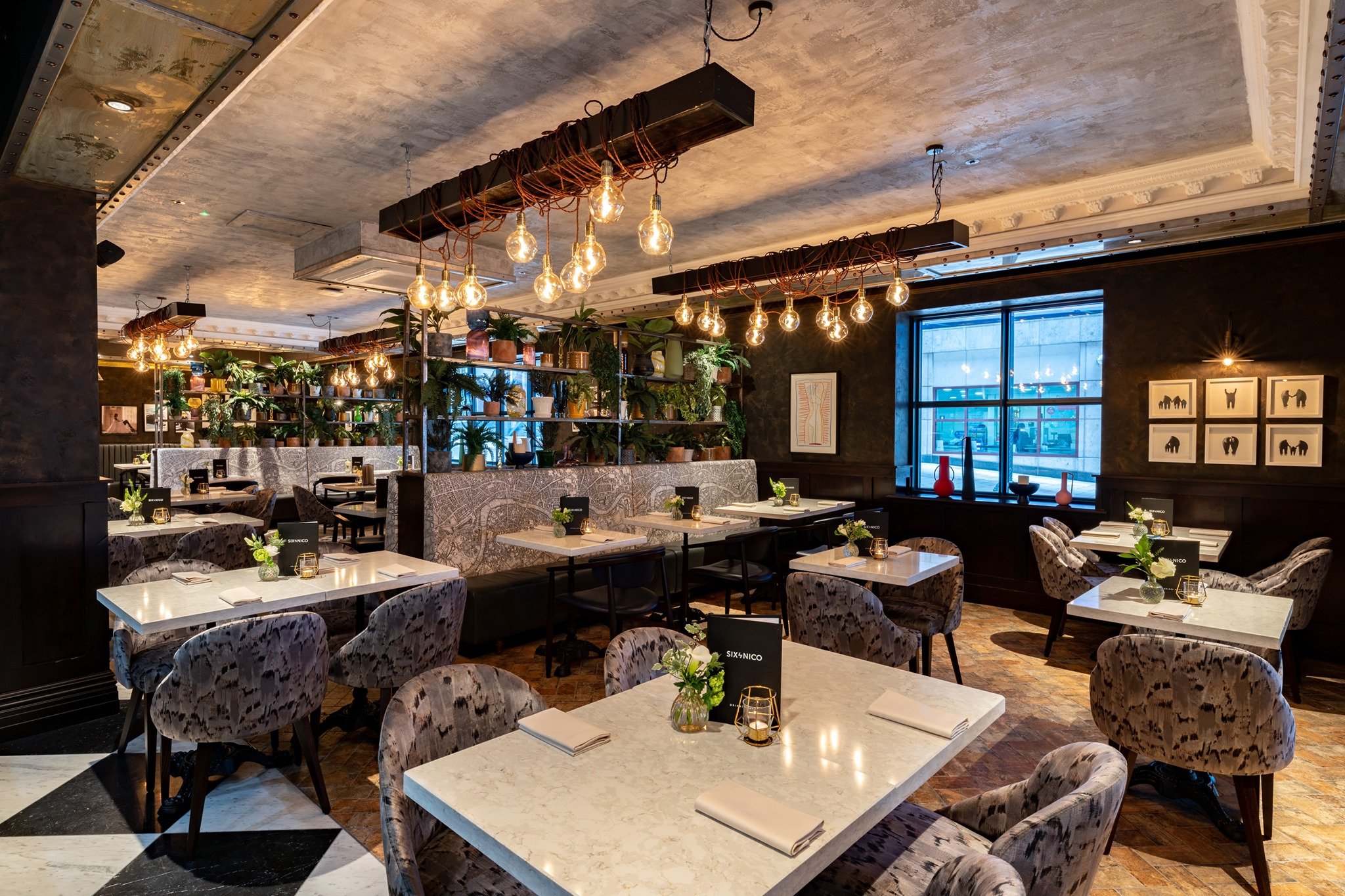
Continuing the trend of wellness, we expect biophilic design to continue to gain momentum in hospitality spaces in 2023.
Biophilic design is the incorporation of plants and nature into the design of a space. It is a response to the increasing disconnection that people feel from the natural world.
As our awareness of the importance of health and wellbeing continues to grow, we will increasingly seek out environments that support these values. More and more, we’re seeing hotel, restaurant, and bar design that incorporates natural elements into the space. This could be anything from using natural materials like wood and stone, to incorporating plants, greenery and even water features.
There are many benefits to this design technique. For one, it can create a more pleasant and inviting atmosphere for guests. Plants can also help to improve air quality and reduce noise levels. In addition, they can add a touch of luxury and sophistication to any space.
Flexible Layouts
Today’s hospitality industry is all about flexibility. Gone are the days of traditional, stuffy bars and restaurants. Instead, we’re seeing a trend towards flexible layouts that can be easily adapted to different needs and events.
Interior designers are playing a big role in this trend, as they are able to create flexible spaces that are both functional and stylish. By using movable furniture and modular design elements, they can create layout options that can be easily reconfigured to suit different needs.
For example, a restaurant might have a different layout for breakfast, lunch and dinner service, or a hotel might have a different configuration for events, parties and conferences. This flexibility not only allows businesses to better meet the needs of their customers, but also makes the most efficient use of their space.
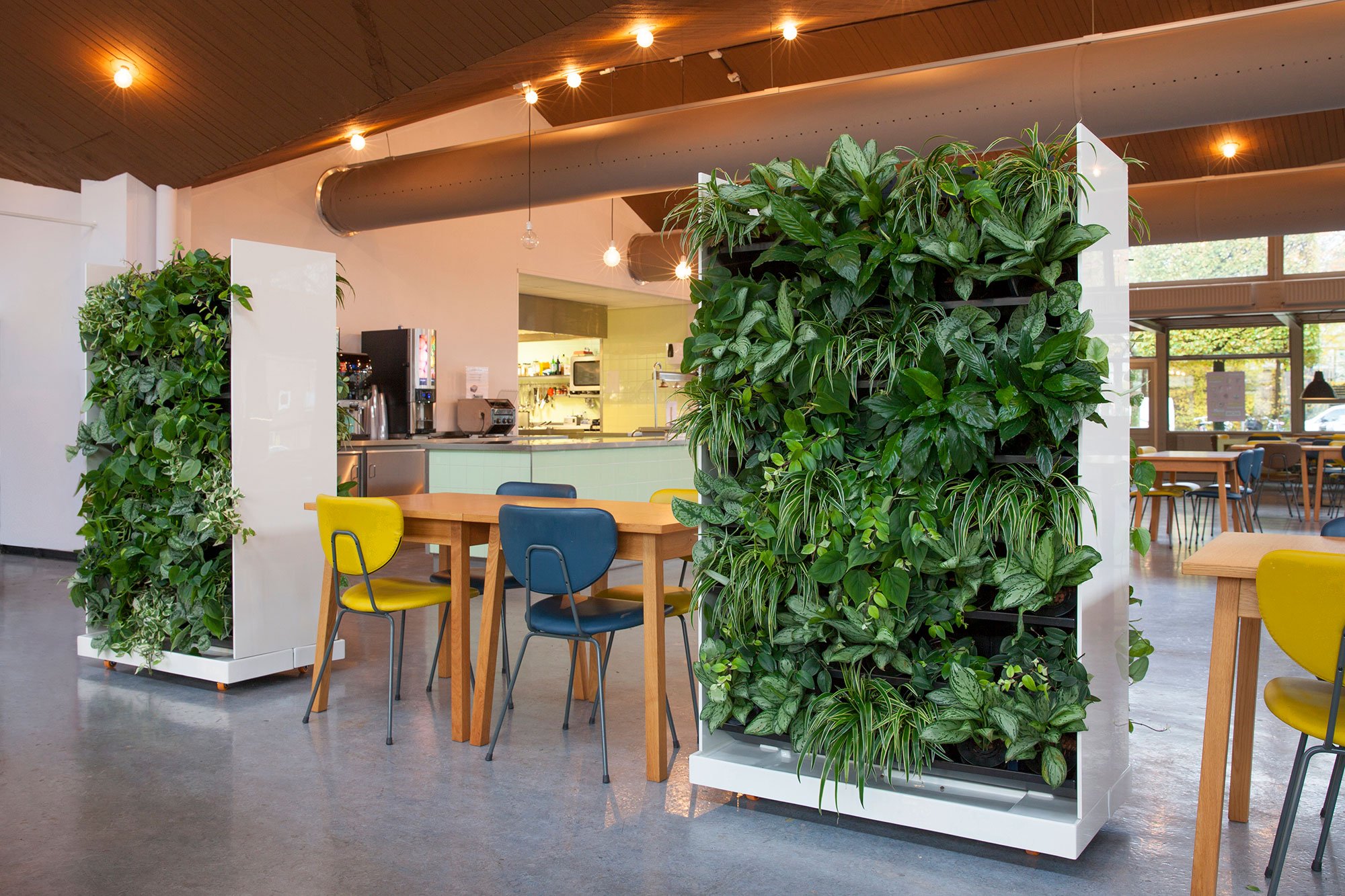
Of course, flexibility doesn’t just apply to the physical space. It’s also important to be flexible in your operations. For example, you may want to offer a special menu for a holiday or event. Or you may need to adjust your hours to accommodate your guests’ schedules.
The bottom line is that flexibility is key in the hospitality business. By being flexible in your space, your operations and your offerings, you can make sure that you’re always on trend and meeting the needs of your guests.
While some may see this trend as a challenge, it’s actually an opportunity for businesses to get creative and really think about how they can use their space to its full potential. If you’re looking to update your hospitality business, then consider a flexible layout – it could be just the thing you need to stay ahead of the competition.
Technology: Personalisation, Automation and Virtual Reality
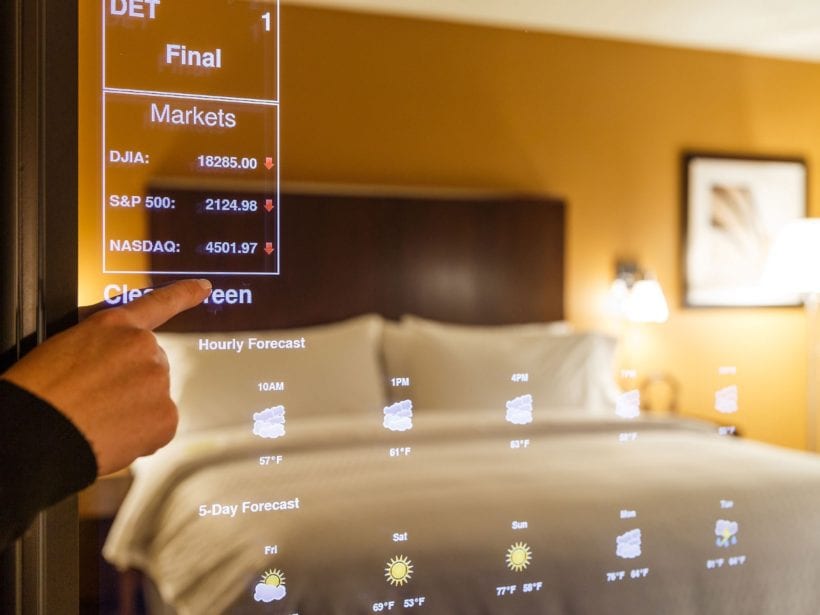
As the world becomes more and more digitized, it’s no surprise that the hospitality industry is following suit. Technology is changing the way we interact with bars, restaurants, and hotels, and it’s only going to become more prevalent in the coming years.
Personalisation
Customers now expect a much more personalised experience when they visit a bar, restaurant or hotel. Guests want to feel like they are receiving a unique and personalised experience that is tailored to their needs.
Whether it’s a virtual concierge who provides 24/7 assistance, smart room features like using voice technology to turn off the lights and play music, interactive walls and mirrors or keyless room entry; these technologies should all enable greater personalisation of the guest experience.
Automation
By automating administrative tasks such as reservations, check-in, and billing, hotels can save time and money while providing better customer service. This helps businesses to better manage their resources, track customer feedback, and increase the guest experience. Automation can also help hotels to keep up with industry trends and create innovative solutions to challenges. It even allows for remote management, enabling hotels to monitor multiple locations from a single dashboard.
As more and more venues embrace automation, customers can expect a pleasant, seamless experience from check-in to check-out. With these benefits, it’s no wonder so many businesses are turning to automation for administration in their premises.
Virtual Reality
With Virtual Reality, businesses can create captivating visuals that draw in potential customers and give them a taste of what to expect before they even visit the venue. This is especially useful for events and weddings where a more of an investment is involved and it should reduce travel and time previously spent scouting appropriate venues.
VR is also becoming increasingly popular for interior designers and architects, allowing closer collaboration with clients and to move projects forward with increased confidence.
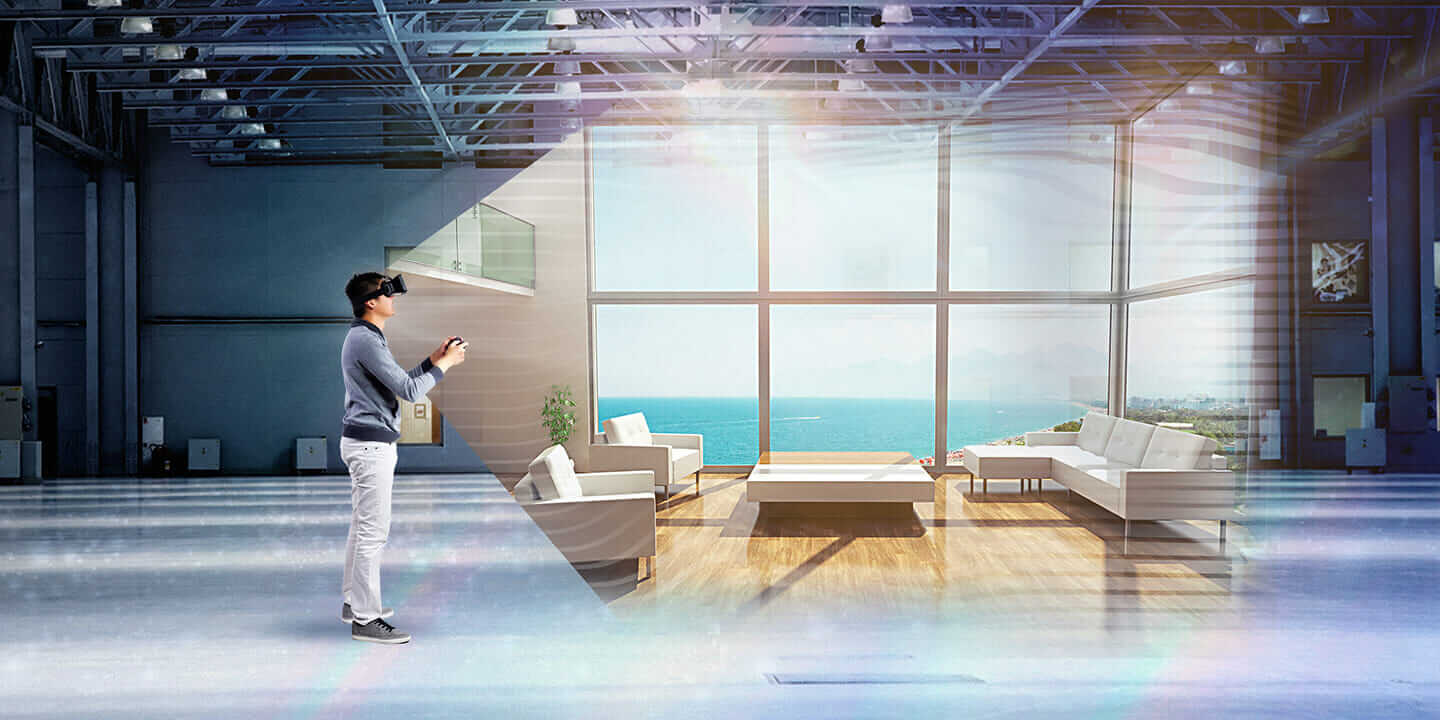
Looking to the future, it’s exciting to think about all the possibilities that hospitality technology holds. As technology advances, we can expect even more customisation and personalisation in the years to come.
So whether you’re a hotelier, a restaurateur, or designer, keep your eye on these trends – they’re sure to shape the future of hospitality.
Sustainability
It’s no secret that sustainability is becoming increasingly important to consumers.
From reducing waste and energy consumption to choosing sustainable materials and sourcing local produce, there are many ways to make your business more sustainable. And with the right planning and foresight, you can make your business more sustainable without sacrificing anything in terms of quality or service.
There are many ways that hospitality businesses can become more sustainable. For example, some businesses are choosing to use recycled materials, energy-efficient appliances, and low-flow water fixtures. Others are investing in renewable energy sources, such as solar and wind power.
There is no one-size-fits-all answer to this question, as sustainability means different things to different businesses within the hospitality industry. However, some common themes are emerging as the industry looks to the future.
One of the biggest trends in sustainable hospitality is the move towards using more environmentally-friendly materials and products. This includes everything from using recycled or recyclable materials to using more energy-efficient appliances.
Another trend is the focus on local produce and ingredients. This is not only more sustainable, but it also supports the local economy.
Finally, many hospitality businesses are looking at ways to reduce their water and electricity consumption. This includes things like installing solar panels and rainwater harvesting systems.
No matter what steps a business takes, it’s important to communicate their efforts to guests. In today’s competitive market, sustainability can be a major differentiator. Guests are more likely to choose a business that they perceive as being environmentally responsible.
With so much innovation and growth, it’s an incredibly exciting time to be involved in this dynamic and ever-changing industry.
At Benholm Group we’re passionate about keeping up to date with the latest hospitality design trends. We work closely with interior designers to deliver beautiful arrangements, floral designs and plant displays to restaurants, bars, hotels and spas across the UK.
We can do everything – from living walls to hanging baskets, from branded signage to planters, from interiors to outdoor dining. You can get everything you need from us, from design to installation to maintenance.
If you would like to talk to us about what we can do for your venue, get in touch today.

